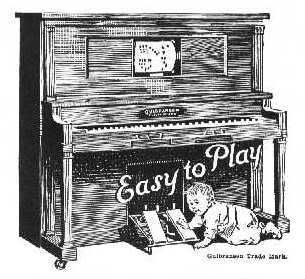So as I am sitting here trying to figure out what I would rate this novel, I realize that I cannot remember whether or not I enjoyed the book. With this in mind, I would probably give this novel a six. Me not being able to remember whether I enjoyed reading it or not means that it was not that fantastic of a book. Yet, if I did not like this book at all, I would clearly still remember that too. This leaves me indifferent with a little bit more of a lean to liking the novel. It was very well written and it was a very easy read. I also liked how Vonnegut used irony as humor which made it more enjoyable. I really cannot think of anything in particular that I did not like about the novel.
pg 195-198: As for a quote, I chose a passage. I found the scene from the Meadows particulary humorous. Yet while being humorous, Vonnegut still managed to get what he was trying to portray across. He used many literary tools within this passage such as repetition and irony. The repetition of what the speaker was saying just showed that technology is preventing and interupting human interaction. The ironic part is what the speaker is actually saying. The speaker is telling the men to converse and make new aquaintances, but the speaker is constantly talking. With its boisterous voice, it is nearly impossible to hold a conversation none the less think straight. This passage also reminded me of Farenheit. In Farenheit, they would put shells in the ears of the people to stop them from having any thoughts. If any thinking went on, the shell would blast the ear with a sound that would create the person to not be able to think straight.
